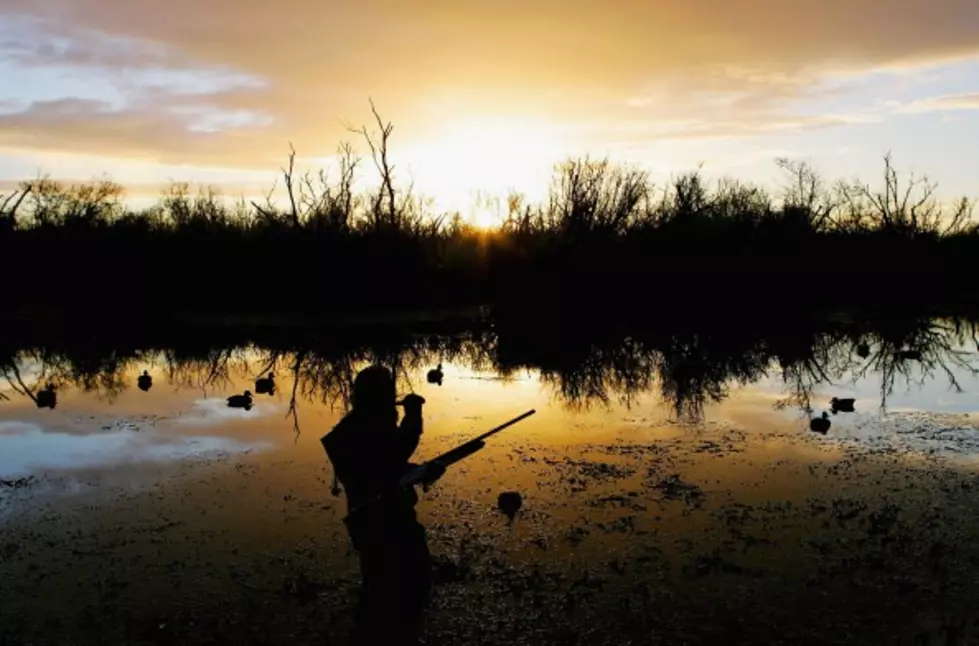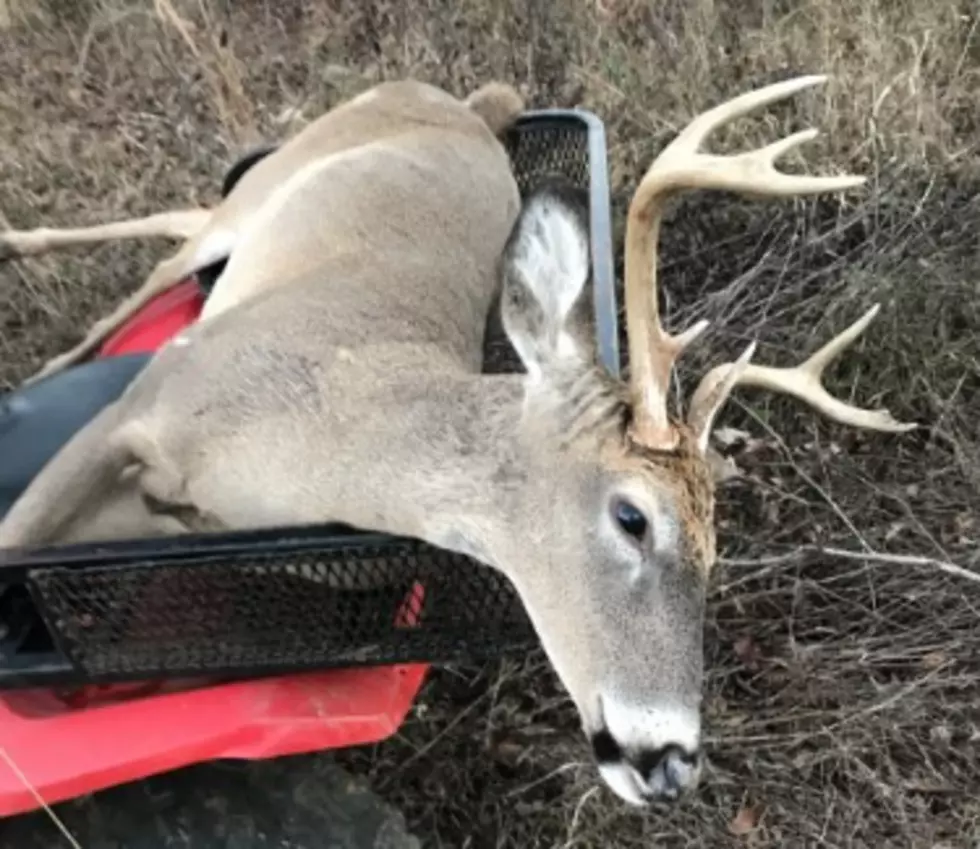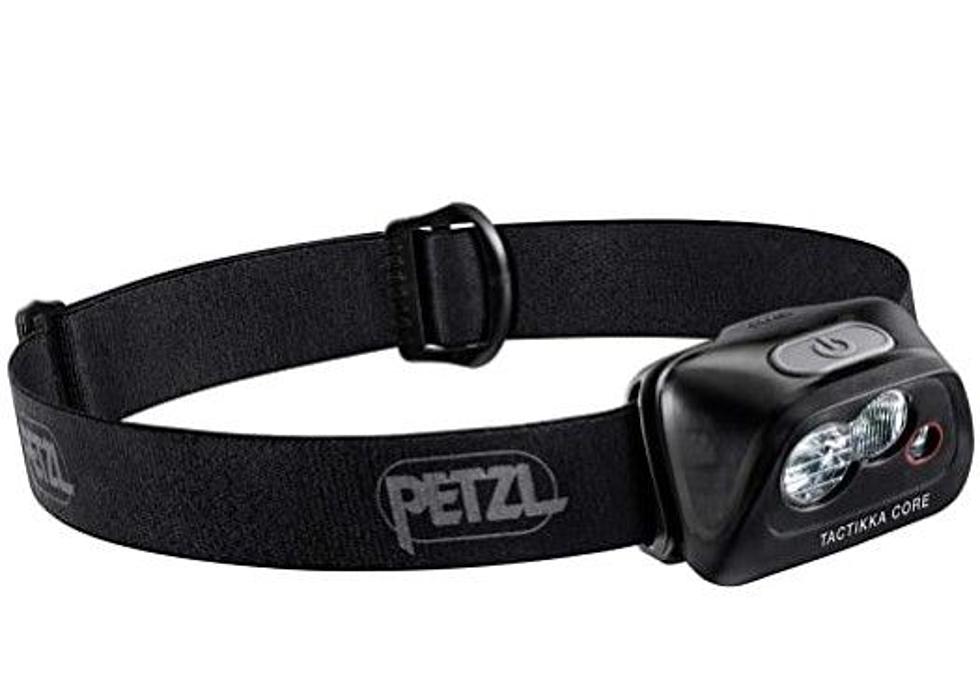
The Most Important Things To Do Before Louisiana Hunting Season

We are here at the end of August and hunting season will begin this Saturday, September 3, with opening day of dove season.
With that in mind, if you plan to spend the upcoming Fall and Winter hunting in Louisiana, time is short for a number of last-minute things you need to take care of.
If it’s not your first ever season, you probably know most of what I’m about to write. However, even for seasoned hunters, this can serve as a pretty useful checklist.
For those who have never enjoyed a Fall hunting season here in Sportsman’s Paradise, this could serve as an invaluable resource for those items that need to be punched on your list.
Decide On What You Plan to Hunt
Before you can begin the process of readying yourself for the season, you need to ask yourself what you plan to hunt?
- Deer
- Ducks
- Doves
- Squirrels
- Turkeys
- Wild hogs
- All of the above
Each of these species requires some unique preparation in regards to the licensing requirements, the type of weapon and ammunition you’ll use, the geographical needs to successfully find your prey and any specialized clothing or accessories you’ll need.
Get Your Hunting License
Securing your Louisiana hunting license couldn’t be easier. While you can purchase all your needed licenses at many sports and retail stores, they can also be purchased online at wlf.louisiana.gov and all the info including your deer and turkey tags can be transferred directly to your LA Wallet on your cell phone
As I mentioned above, you need to know what you’ll hunt and have a good idea where you’ll hunt it. Should you plan to hunt doves or ducks in Louisiana, along with your basic hunting license, you’ll need your Federal and Louisiana State duck stamps and you’ll need the H.I.P. certification. (The HIP certification is FREE, but you MUST apply for it to hunt migratory game birds in Louisiana)
If you’re planning to hunt deer, you need your basic hunting license and your big game license.
If you’re only planning to hunt squirrel, BUT you’re planning to do that on one of our many Wildlife Management Areas, you’ll need your basic hunting license, but you’ll also need the WMA permit.
Secure Your Ammunition
Twenty years ago, this suggestion probably wouldn’t have even been a footnote on a checklist like this. However, this has become one of the biggest roadblocks for many hunters over the last several years.
If you haven’t got plenty of ammunition left over from last year, you’ll want to begin that search now. And don’t just limit yourself to an online search, get out and physically look at every ammunition dealer you can think of. From sporting goods stores to retail outlets or even pawn shops, someone should have it or can order for you, but don't wait too long.
Sight In Your Deer Rifle/Shoot Your Bow/Shoot The Shotgun
Just because Old Bessie, your trusted 30-06, was dead on at the end of last season, doesn’t mean she’s still dead on this year. Spend the time to get her properly sighted in so that you can make that ethical, lethal shot when the time comes.
Archers should spend time every week between now and the opening of season shooting. Practice does make perfect, and the expectation a hunter should have of himself is perfect, ethical performance.
Bird hunters might want to spend some time skeet shooting to retrain the eye. Now is also a good time to experiment with different shell manufacturers, load sizes and such, to see if you’ve been missing out on a better product.
Check Your Accessories
- Duck hunters will want to examine the blind for any needed repairs and begin to re-brush it. Check your waders and patch any holes. Do some of your decoys need to be tossed or given a fresh coat of paint? Do any of your call reeds need replacing? Is the shotgun ready for another long, wet season? If not, it’s time to send it to the gunsmith or consider purchasing a new one.
- Deer hunters who hunt on private land will want to begin bush hogging access roads and preparing food plots. Bush hog, disc and plant. Check deer stands for safety issues. Replace anything that could lead to injury; ladders, steps, floor. Also want to make sure they are wasp and snake free. Put fresh batteries in your corn feeder and check for any needed repairs. Fill them up and keep an eye on them for issues that pop up. Put out game cameras and monitor for pre-season movement.
- All hunters should stock up on Thermacell supplies. Early season mosquitoes can ruin a trip quicker than anything. Might also want to make sure your Mr. Buddy heater is still in good condition and that you have plenty of propane bottles on hand for those cold winter mornings. Check all of your boots and clothing; especially cold and rain gear. Nothing ends a trip quicker than cold and wet.
While I'm certain there are hundreds of other suggestions that could have made this list, this should pretty well have you prepared. Just be safe and hopefully you'll take a child with you so that you can pass on the love of the outdoors.
WMA's and Public Hunting Lands in Northwest Louisiana
LOOK: What 25 Historic Battlefields Look Like Today
More From Highway 98.9




![13 Foot Alligator Eats Duck Recently Killed by Hunters [VIDEO]](http://townsquare.media/site/182/files/2020/10/GettyImages-1251204287.jpg?w=980&q=75)

